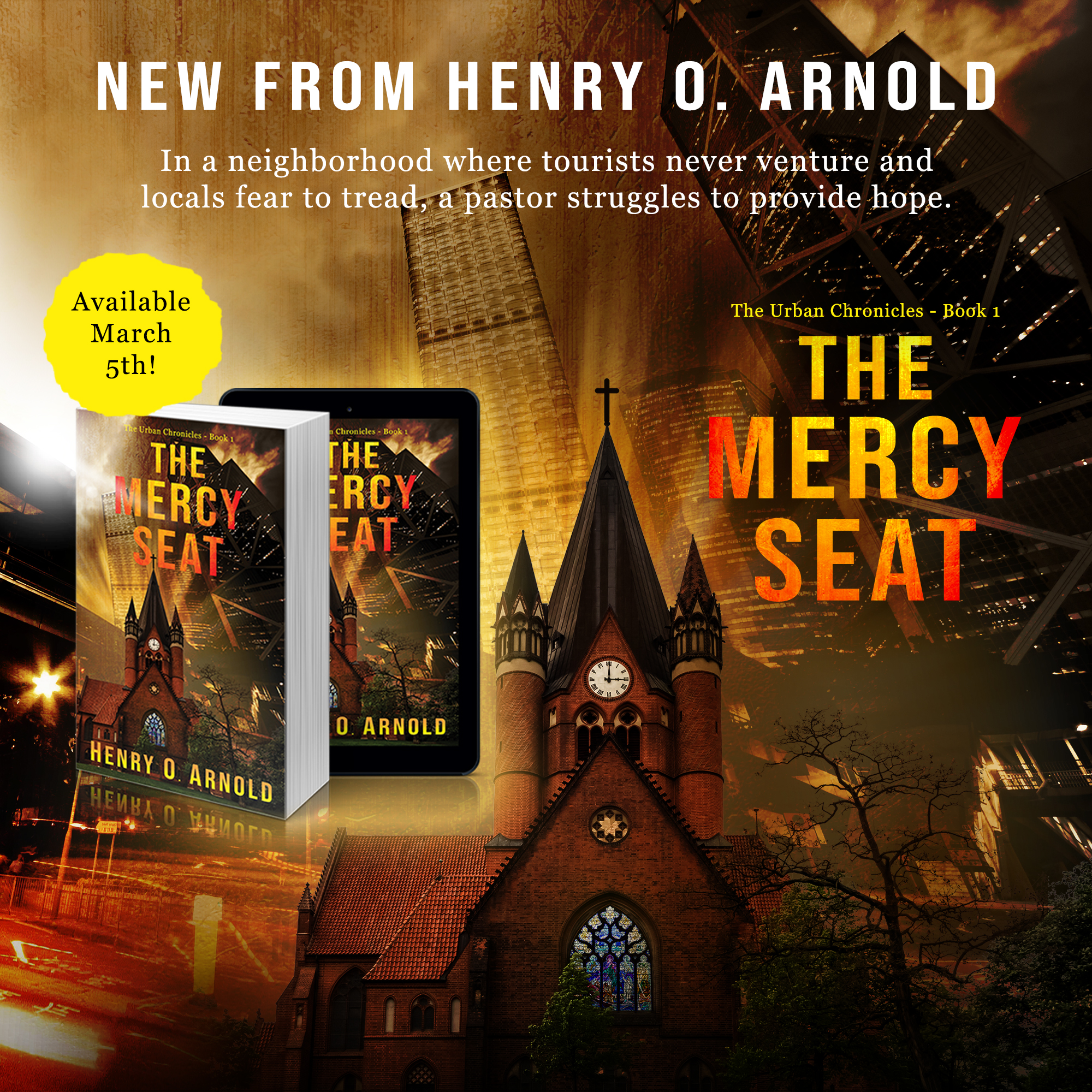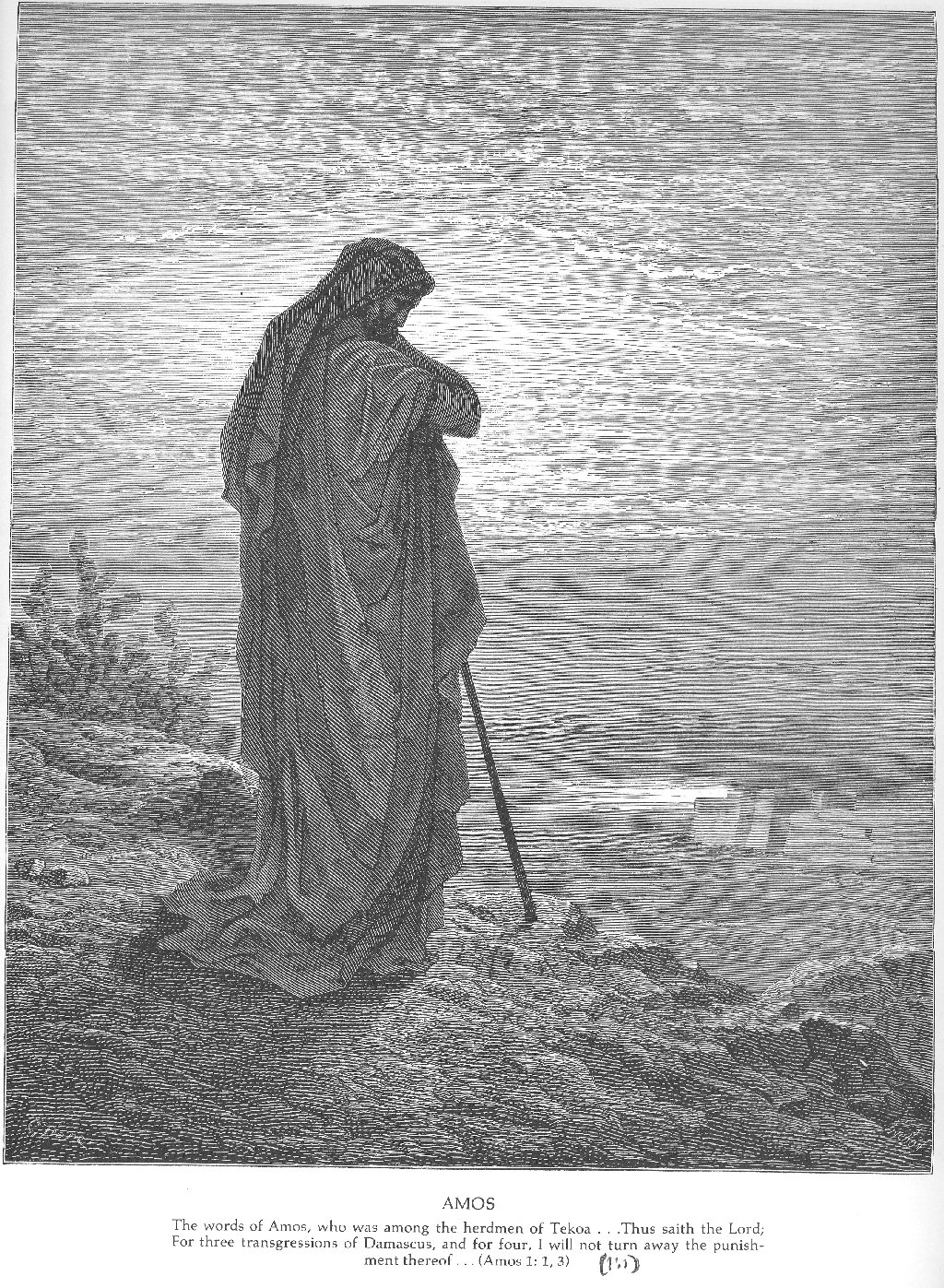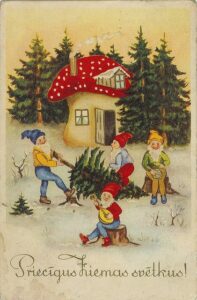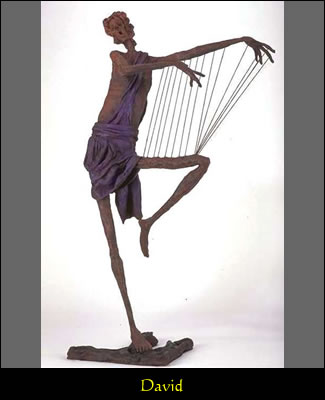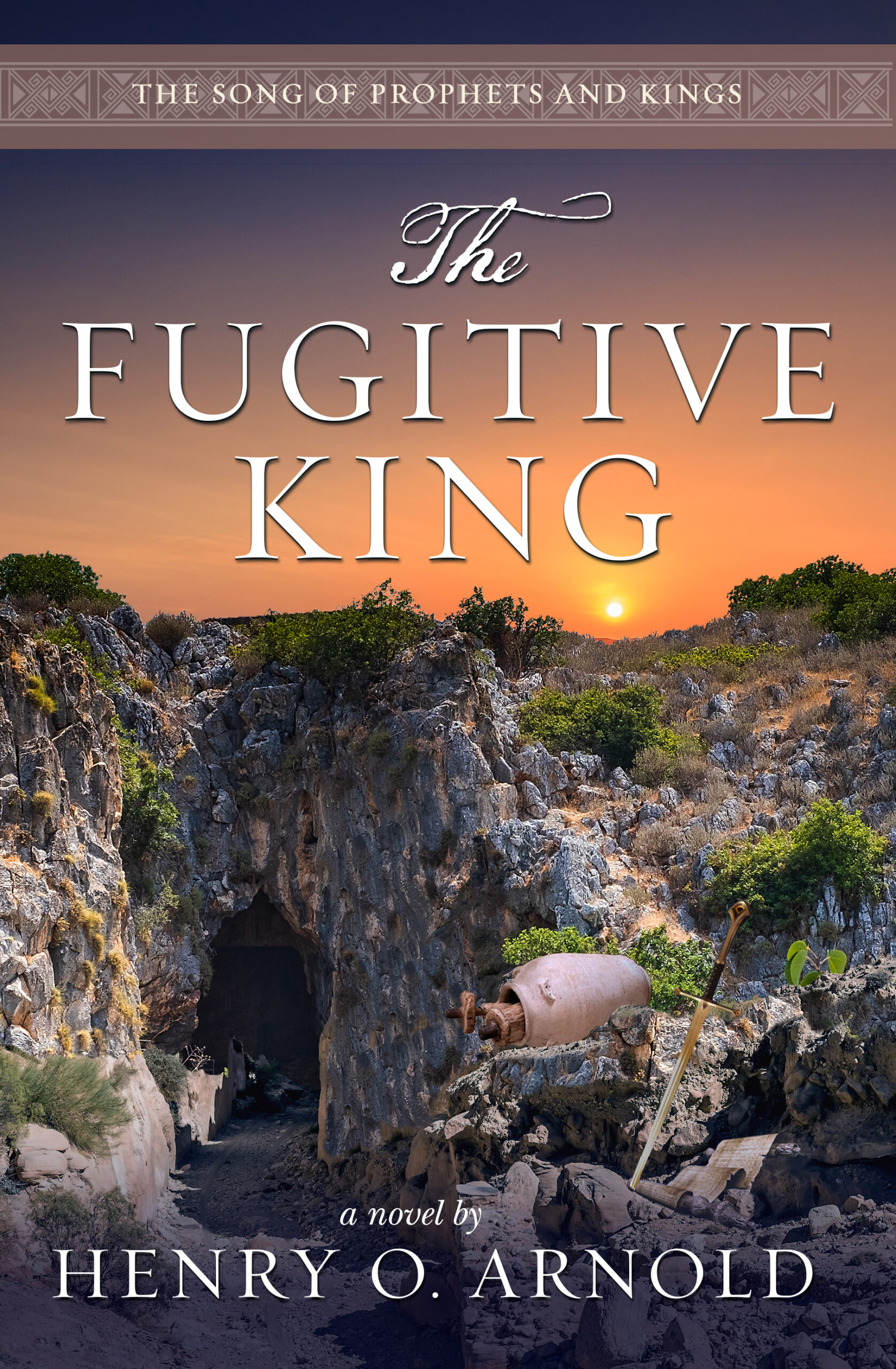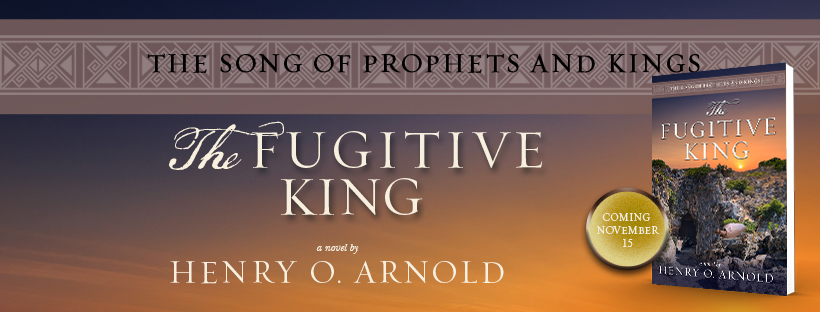Giving Oneself Over
A new novel series is coming. Something completely different from my biblical fiction. The Mercy Seat is the first volume in The Urban Chronicles series. The story takes an unfiltered look at our modern society and how we humans try to navigate through its complexities and mysteries.
If I as a writer am to tell a story, they must give themselves over. As the power of the story begins to rise up with me, I must sit down and write. I yield. I isolate. I watch and listen. I resist the temptation to manipulate, and I allow the characters to speak true words, reveal true emotions, and make true choices of action.
I do not feel lonely as a general rule. Shutting myself up in my room is not a frightening prospect nor is staring at a blank screen. What does frighten me, at moments, is when those doubts begin to rise that all my dreams, my efforts to create, that any real value to my writing is just for me. No one will read. No one will see the worth. No one will pay any attention. No one will even notice. That I find lonely and scary.
When my narratives are flowing. When my characters are being generous. When my imagination is in full power, I am at my creative best. All of this comes from the giving over of myself. I am not discontent with my life nor am I railing against the wrongs of this world, or, God-forbid, trying to create the world according to my self-belief. I am not the star of my own story.
A conscious part of my creative life is to give myself the freedom to explore all aspects of human nature from the secret wounds we carry to the outward actions we choose to take. I am capable of making a thousand choices for good or evil. I face that reality head-on and try to bring illumination to myself and the reader. I think all acts of creativity is an investigation into all the fears and joys and needs and vulnerabilities that make and shape us as human beings.
I write because I want to taste real life. Yes, I mean taste it in all its bitterness and sweetness. I want to create because that act alone, the pure act of creation, is the act of living. And to live a full life requires the giving over of oneself, the giving over to all the beauty and passion of what it means to be fully human. That is the glory of living which is the glory of God.

